Protein is extremely important for life, but most Indians are lacking in it. Here are the best plant & animal based protein sources for babies and kids.
Ask any school going child what they know about protein and they’ll tell you it’s basic definition – proteins are the building blocks of life. When you think a little deeper, you realize what a profound job proteins have – building life! And it’s not surprising, considering the word ‘protein’ is derived from the Greek word ‘Proteios’, which means ‘of primary importance’. There couldn’t be a better way to describe it.
Protein constitutes about 20% of the human body. Proteins are built up of another set of building blocks – amino acids. The human body uses 22 amino acids to build proteins. Strictly speaking, it is the amino acids that do the work. They link together to form protein molecules. They do this in different ways, depending upon the kind of protein it is. When we eat protein, they are broken down into amino acids which then go on to do their jobs. Here is a look at some of them.
Functions of Protein in the Human Body
- Helps the body grow by building cells
- Provides structure to the body, like keratin for hair and collagen for ligaments
- Supports the basic functions of the body, like digestion
- Constitutes hormones that are vital for proper communication between cells
- Maintains correct pH level within the body
- Supports the body’s immune function, defending against illness
- Ensures proper balance of fluids in the blood
Proteins also provide energy, as do carbohydrates, but they take longer to digest. The result is feeling fuller for longer, which prevents overeating and aids weight loss.
These points show us that we simply cannot do without protein – it is an important component of our diet. We know that proteins are made up of amino acids, which are of two types – essential and non-essential. Our bodies cannot produce essential amino acids, which have to come through food. Moreover, the human body is unable to store protein, which means we need a regular intake every day.
An insufficient intake of protein can cause serious problems, especially in growing children who need protein more than anyone else. Here are some of the dangers of protein deficiency in young children.
Risks of Protein Deficiency in Children
- Without a steady supply of protein, children’s bodies don’t get the material needed to grow, resulting in stunted growth
- Children who don’t eat sufficient protein tend to lose muscle mass and find it difficult to maintain a healthy weight
- Protein is essential for immunity, a lack of which increases susceptibility to infections
- Without the energy from protein, children experience fatigue and lack of concentration
- Low protein also results in weak bones, which fracture easily
- A lack of protein shows up in thinning hair and dry, flaky skin
- In extreme cases, a severe protein deficiency can cause diseases like Kwashiorkor
Protein intake is considered the most important during the first thousand days of life, which is till two years of age. A lack of sufficient protein during this phase can have lifelong effects. Unfortunately, most children in India get less protein than they require. Here is a look at protein consumption among Indians.
Facts about Protein Consumption
- A survey by the National Family Health department shows that among Indian children, 36% are underweight, 21% are wasted and 38% are stunted – all indicators of protein deficiency
- 73% of Indian diets are protein-deficient
- 84% of vegetarian diets are lacking protein
- 93% of Indians are not aware of how much protein they need
- More than 70% of Indians have poor muscle development
- Of the protein intake in Indians, 60% is from food sources with low quality and digestibility
- Indians spend only 1/3rd of their food budget on protein
- According to WHO, 80% of children with protein-energy malnutrition are from South Asia, with 43% children in developing countries experiencing stunted growth
Types of Proteins
As mentioned earlier, the way the amino acids connect together depends upon the kind of protein it forms. Babies under six months get all the amino acids they need from breast milk. After that, the choice of protein is dependent upon whether it is from plant sources or animal sources, and there is a constant discussion on which one is better.
Animal protein sources are meat, poultry, fish, eggs and dairy products. The protein in these sources are similar to the one in the human body. They are considered complete sources of protein since they contain all the essential amino acids that our bodies need.
Animal protein sources also have other nutrients like Vitamins B12 and D, as well as omega-3 fatty acids and heme-iron, which are not found in plants. Animal protein consumption also promotes growth of lean muscle and reduces muscle loss in old age.
Plant protein sources, on the other hand, are considered incomplete sources of protein, since they lack some of the essential amino acids required by the human body. However, a diet with more plant-based foods is linked to lower cholesterol, lower blood pressure and reduced risk of cancer, stroke and heart disease.
Due to these reasons, it is difficult to declare any one protein source as 100% better than the other. The best way to get all the nutrients and protein our body needs is by eating balanced amounts of all food groups.
That said, if you follow a certain diet like vegan or vegetarian, you can still ensure that your family gets all the protein they need. We have listed below the best protein sources for babies and kids, which will ensure that they grow strong and healthy, regardless of the diet you follow at home.
The measures given below refers to the number of grams of protein present per unit of each food.
Vegan Protein Sources for Babies and Kids
A vegan diet is one that eliminates all animal products, including milk and honey. This diet depends entirely on plant based sources of protein.
1. Green Peas – 1 cup = 8 grams
2. Soy Milk – 1 cup = 8 grams
3. Tofu – 1/2 cup = 10 grams
4. Peanut Butter – 2 tbsp = 8 grams
5. Nuts – 10 almonds = 2.5 grams
6. Chickpeas – 1 cup = 12 grams
7. Kidney Beans – 1 cup = 15 grams
8. Lentils – 1 cup = 18 grams
9. Broccoli – 1 cup = 2.6 grams
10. Quinoa – 1 cup cooked = 8 grams
11. Amaranth – 1 cup cooked = 9 grams
12. Whole Wheat Flour – 1 cup = 16 grams
Vegan Protein-rich Recipes for Babies and Kids
For Babies under One Year:
- Dal ka Paani (6 Months+)
- Green Peas and Potato Puree (7 Months+)
- Instant Soya Rice Porridge Powder (7 Months+)
- Soya Wheat Porridge Powder (7 Months+)
- Moong Dal Ragi Porridge Powder (7 Months+)
- Amaranth Pumpkin Porridge (7 Months+)
- Dry Fruits Powder (8 Months+)
- Almond Milk (8 Months+)
- Chickpea Veggie Pancakes (8 Months+)
- Vegetable Moong Dal Soup (8 Months+)
- Broccoli Spinach Puree (9 Months+)
- Quinoa Vegetable Upma (10 Months+) – Replace ghee with oil to make it vegan
- Quinoa Apple Porridge (11 Months+)
For Kids above One Year:
- Mixed Nuts Powder
- Homemade Peanut Butter – Skip the honey to make it vegan
- Tofu Burji
- Whole Wheat Stuffed Tofu Paratha – Skip the ghee to make it vegan
- Tofu Cashew Mayonnaise
- Vegetable and Soya Chunks Rice
- Soya and Chana Dal Cutlets
- Garlic Soya Noodles
- Kidney Bean Soup – Replace butter with oil to make it vegan
- Broccoli Mushroom Soup
- Rajma Dosa
- Rajma Sandwich
- Moong Dal Cheela – Replace ghee with oil to make it vegan
- Millet Kheer – Skip the ghee to make it vegan
- Roasted Chickpeas Snack (2 Year+)
- Moong Dal Pakodi (2 Year+)
Vegetarian Protein Sources for Babies and Kids
All the foods mentioned under Vegan protein sources are suitable for vegetarians. In addition, vegetarians can also get the benefit of protein from dairy products.
1. Cow’s Milk– 1 cup = 8 grams
2. Paneer – 1 cup = 23 grams
3. Yogurt – 1 cup = 10 grams
4. Cheese – 1 cup melted = 61 g
Vegetarian Protein-rich Recipes for Babies and Kids
For Babies under One Year:
- Beetroot Chickpea Puree (7 Months+)
- Moong Dal Ragi Teething Biscuits (8 Months+)
- Paneer Vegetable Puree (8 Months+)
- Fruity Paneer Puree (8 Months+)
- Pan Fried Paneer Cubes (8 Months+)
- Flavored Paneer (8 Months+)
- Homemade Ghee
- Homemade Butter
- Homemade Curd
For Kids above One Year:
- Golden Turmeric Milk (1 Year+)
- Kerala Banana Dates Milkshake
- Apple Protein Milkshake
- Multigrain Banana Milkshake
- Multigrain Mango Milkshake
- Multigrain Chocolate Milkshake
- Apple Milkshake
- Date Almond Milkshake
- Muskmelon Milkshake
- Chikoo Milkshake
- Banana Walnut Milkshake
- Masala Milk
- Ragi Buttermilk
- Caramelized Nuts Snac
- Rajma Veggie Quesadillas (1 Year+)
- Hearty Minestrone Soup (1 Year+)
- Moong Dal Sprouts Dosa (1 Year+)
- Moong Dal Payasam (1 Year+)
- Multi Millet Paneer Paratha
- Paneer Vegetable Paratha
- Paneer Vegetable Fried Rice
- Paneer Sandwich
- Easy Paneer Tikka
- Paneer Pakoda
- Paneer Wheat Biscuits
- Paneer Kheer
- Strawberry Yogurt
- Mango Yogurt
- Chocolate Sweetheart Yogurt Parfait
- Tricolor Fruit Parfait
- Healthy Frozen Yogurt Bark
- Gopalkala
- Hung Curd Vegetable Sandwich
- Easy Cheese Corn Balls
- Carrot Cheese Paratha
- Makhana Kheer
- Brown Rice Flakes Kheer
- Red Rice Poha Kheer
- Ragi Flakes Kheer
- Gulkand Oats Payasam
Non Vegetarian Protein Sources for Babies and Kids
All the foods mentioned above for vegans and vegetarians are suitable for a non vegetarian diet. In addition, they can also get the nutrients from the following foods.
1. Eggs – 1 egg = 6 grams
2. Fish – 120 grams cooked = 32 grams
3. Chicken – 100 grams cooked = 31 grams
4. Red Meat – 100 grams cooked = 25 grams
Non Vegetarian Protein-rich Recipes for Babies and Kids
For Babies under One Year:
- Egg Yolk Quinoa Stir Fry (8 Months+)
- Egg Yolk Vegetable Omelette (8 Months+)
- Egg Yolk Scramble (8 Months+)
- Egg Yolk Ragi Pancakes (8 Months+)
- Egg Yolk Mash with Orange Juice (8 Months+)
- Egg Pudding (8 Months+)
- Fish Puree (8 Months+)
- Indian Chicken Puree (8 Months+)
- Chicken Stock (8 Months+)
- Chicken Clear Soup (8 Months+)
For Kids above One Year:
- Egg Rice
- Oats Egg Custard
- Egg Drop Soup
- Indian Style Egg Salad
- Egg Toast Cups
- Egg and Carrot Chapathi Roll
- Baked Fish Balls
- Kid-friendly Chicken Chili
Here are the age wise recommendations for daily protein intake for kids:
- 0-12 months: 1 gram of protein per kg of body weight per day
- 1-3 years: 0.8 gram of protein per kg of body weight per day
- 4-13 years: 0.7 gram of protein per kg of body weight per day
So to know how much protein your child should have, just multiply the child’s weight in kg with the number based on their age. That is the total amount of protein to have per day. For example, if your child is two years old and weighs 12 kg, she needs a total of 10 grams of protein per day.
It is recommended to get at least 10% of the child’s daily calories from protein alone and it’s best for these sources to be natural ones. Avoid processed protein shakes, especially for young children. Too much protein is also harmful and can result in kidney damage. Some proteins can also trigger allergies, like milk, eggs and nuts. Please consult your child’s pediatrician before introducing any new food or diet.
References:
Source: https://www.mylittlemoppet.com/protein-sources-for-babies-and-kids/
The content is owned by Fabida Abdulla. Visit site here for other valuable articles.
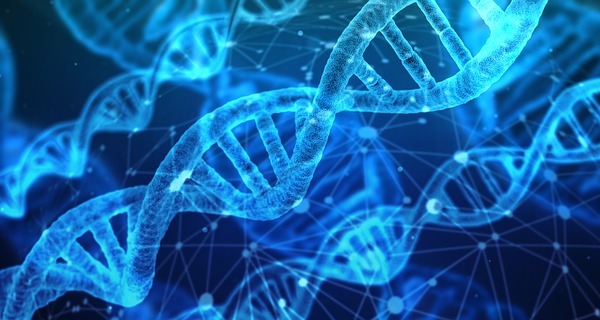
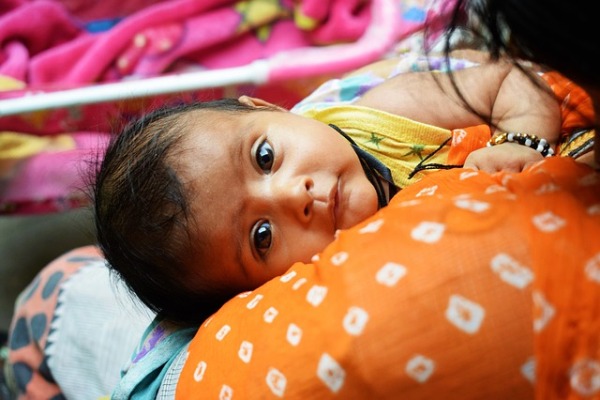

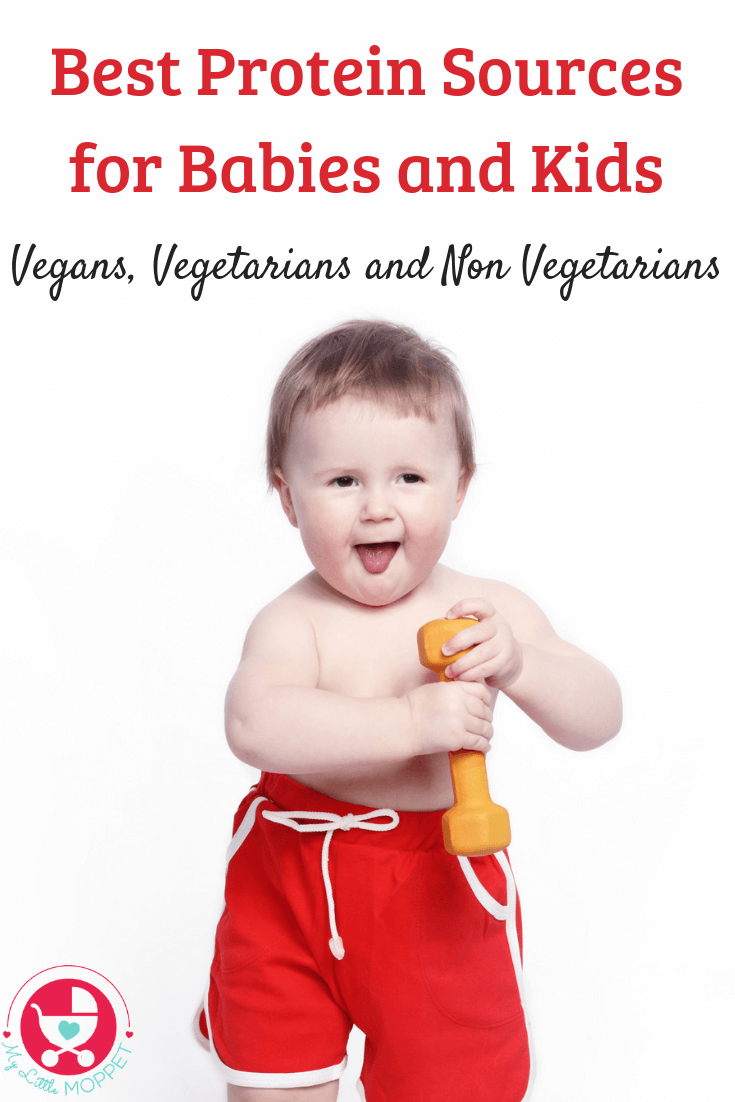
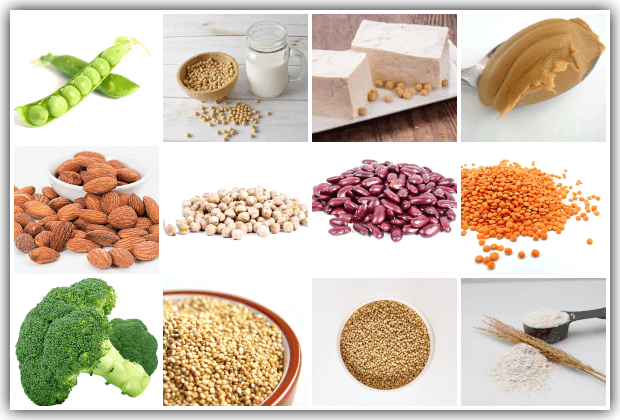
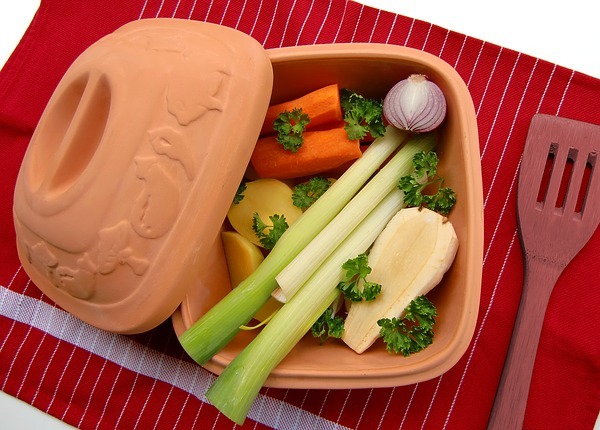
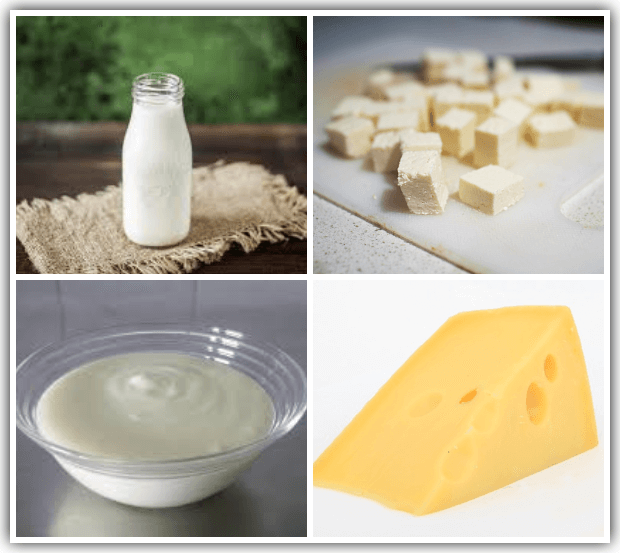
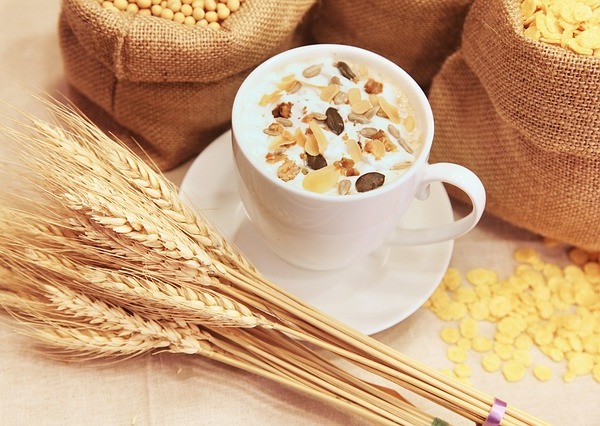
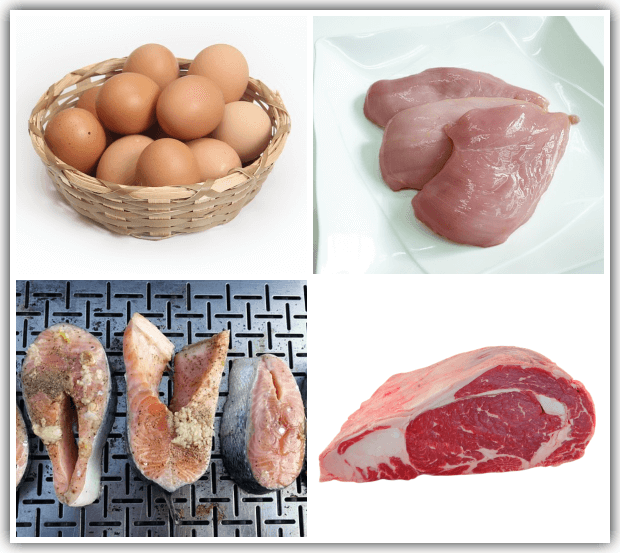
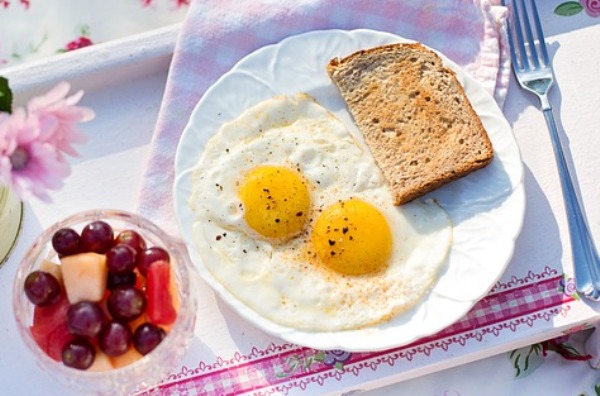
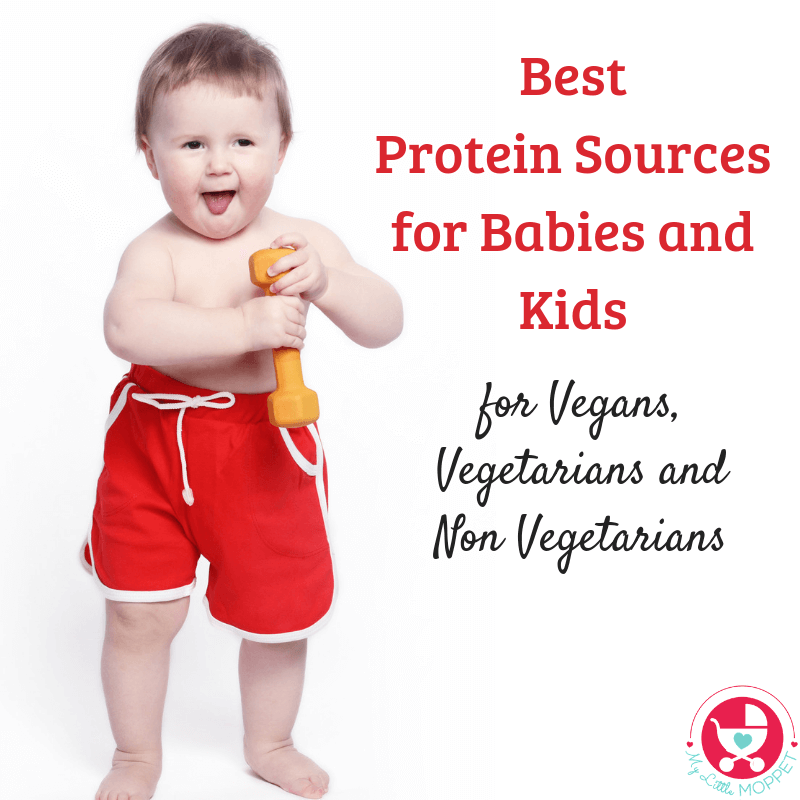

No comments:
Post a Comment